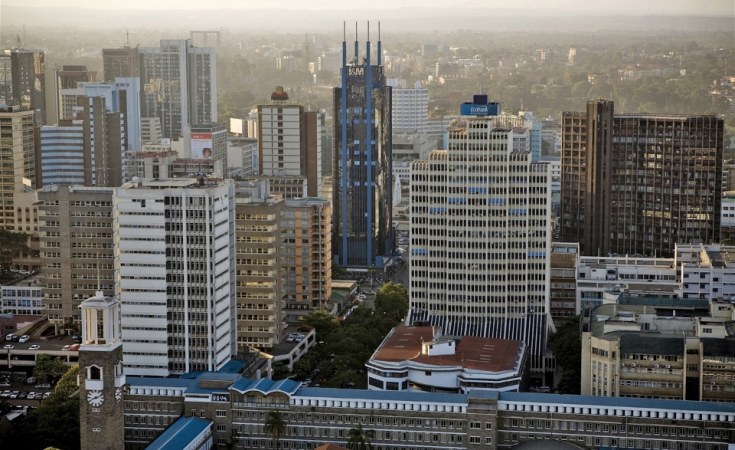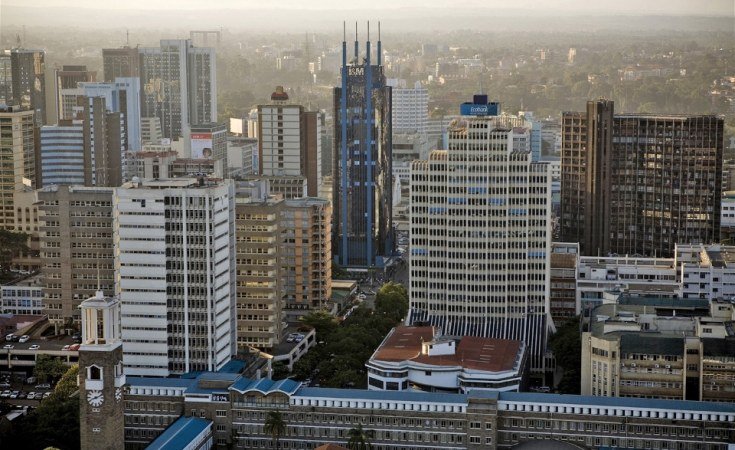
Kenya is set to overtake Ethiopia as East Africa’s largest economy in 2025, according to new projections from the International Monetary Fund (IMF).
- Kenya projected to overtake Ethiopia as East Africa’s largest economy by 2025.
- Ethiopia devalued its currency, unlocking financial support from IMF and World Bank.
- Kenya’s GDP forecasted to climb to $132 billion in 2025, surpassing Ethiopia’s $117 billion.
Kenya is set to overtake Ethiopia as East Africa’s largest economy in 2025, according to new projections from the International Monetary Fund (IMF).
The shift comes in the wake of a sharp devaluation of the Ethiopian birr last July, part of a broader effort to stabilize the economy and advance long-delayed debt restructuring talks.
The IMF forecasts Kenya’s gross domestic product (GDP) will climb to $132 billion in 2025, surpassing Ethiopia’s projected $117 billion.
DON’T MISS THIS: Burkina Faso to build partnership with Russia outside of just weapon trade
Ethiopia’s decision to liberalize its exchange rate system and allow the birr to depreciate significantly, by more than 55%, helped unlock a $3.4 billion IMF loan package and an additional $16.6 billion in financial support from the World Bank.
The devaluation also opened the door for negotiations with international creditors to restructure at least half of the country’s $28.9 billion in external debt, Bloomberg reported.
While the financial support offers breathing room for Ethiopia’s debt-strapped economy, the steep currency depreciation has also pushed up the cost of imports, adding to inflationary pressures in a country already grappling with economic strain from conflict and climate-related challenges.
Kenya’s economic stand
In contrast, Kenya has managed to maintain relative macroeconomic stability, even as it faces its own set of fiscal challenges. Its diversified economy, robust financial sector, and more stable exchange rate have helped it edge ahead in the race to lead East Africa economically.
DON’T MISS THIS: Ghana’s Peter Turkson among top contenders to replace Pope Francis
The Kenyan shilling appreciated by around 21% last year, making it the world’s best-performing currency in 2024.
Despite this monetary momentum, Kenya’s economy is not without its hurdles. President William Ruto’s administration faced fierce backlash over an aggressive tax hike and deficit-reduction strategy, which triggered widespread protests in 2023.
The economic impact was severe with the Nairobi Securities Exchange PLC, (NSE) reporting a loss of about $600m in investor wealth in two weeks due to the protests, which had seen businesses looted by protesters.
Both Kenya and Ethiopia will be navigating their economic futures against a backdrop of rising global uncertainty. Trade tensions, particularly involving the United States, have prompted the IMF to lower its global growth forecast for 2025 from 3.3% to 2.8%.
The IMF warned that higher U.S. tariffs could depress demand among its trading partners, leading to slower output and downward pressure on prices.












